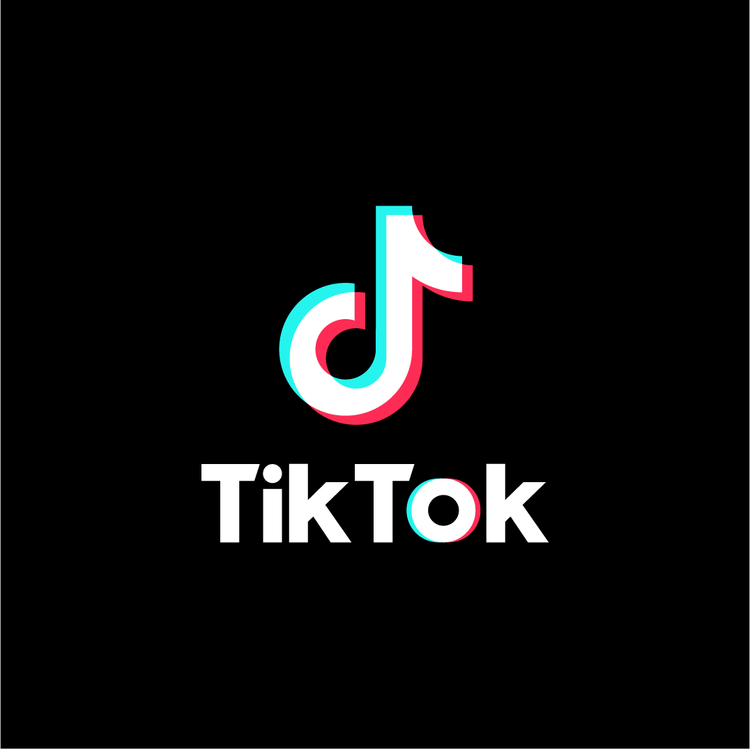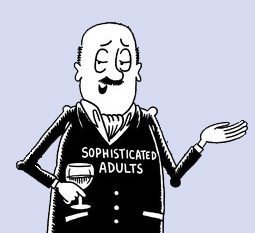Also very relevant to this topic: https://www.openculture.com/2018/12/cia-helped-shaped-american-creative-writing-famous-iowa-writers-workshop.html
I've taken to having a set of rules like the authors of coyote and roadrunner. The coyote can't catch the roadrunner, he needs to use Acme products, they have to fail, etc. The most relevant of which are that the communists must make an appearance, musy be placed in a positive light, must find something tame compared to conditions today barbaric (e.g. the MCs tuition is proportionally mild compared to today but someone who grew up in a commune is disgusted when they find out how much), and if a communist is to be depicted negatively they are either strange in affect of duplicitous.
I wrote this women-led multinational anarchist clan who wasn't supposed to have a big role, but I love them so much they'll probably stick around. They have no qualms about making light of the fact they adopted one of the MCs friends because they were running a gambling den in the back of an orphanage so they put on an event to circumvent (communist) police pressure.
Hm, no I think it really is just anti-intellectualism from teenagers who had a bad experience in English class. Ironically, it is not that deep.
More than one thing can be true at the same time. We can recognize the anti-communism within education while also recognizing there is a difficulty in keeping students engaged.
what's the theory here? that kids would be into literary analysis if it was more marxist? I do see the point that the most common methods of analysis at the primary school level are informed by cultural anti-communism, but "the curtains are just blue" meme is pretty clear about the object of its criticism, which is that fiction has any meaning at all beyond literal interpretation.
Not trying to say that if literature was taught through a marxist lens that kids would be more interested, I'm saying that the current pedagogical mode is anti-communist and doesn't engage students. Both of these things can be true without necessarily being explicitly related.
That being said, from my experience, students/learners are more engaged with literature (or reading period) if the topic relates to them, and only formalist education makes the text sterile. Books, especially literature, I've found much more engaging if the students can relate to places that they know(especially if its a new perspective on them), topics that interest them, etc. There are currently a ton of problems within education. I don't think that anti-communism is necessarily the most pressing, but I don't see it meaningfully changing under capitalism either. So it kind of leaves us in a position where education sucks because of the current economy and state formation and said education reinforces the status quo through, amongst other things, anti-communism. So, any leftist speaking on the sorry state of education is doing a disservice by not at least mentioning how anti-communism puts unique and extra pressure on an already exploding system & how education might be differently approached within socialism (if the conversation allows the avenue).
Large class sizes, uniform curriculum, and the desperate need to constantly evaluate progress do far more damage to the education system than Red Scare politics.
I think generally you're right, but I don't think it's right to call it anti-intellectual. I think often what our relationship to literature (or art) is even supposed to be is just poorly taught.
Like I know a lot of clever (but not university-trained) adults who think a piece of art is about This Thing The Artist Is Saying To Us and our role is to discover what This Thing is. Like I think that's a very intuitive expectation if you've never really been taught otherwise.
teenagers and former teenagers. I'm not saying it's their fault, I do think it's a difficult subject to teach, and an underfunded education system that emphasizes test results and generally disdains the arts is mostly not up to the task.
Like I know a lot of clever (but not university-trained) adults who think a piece of art is about This Thing The Artist Is Saying To Us and our role is to discover what This Thing is.
Art routinely has a story behind it. Why an artist chooses a particular media or composition is as important as the final product. Things that look like shit but have a story can be more compelling than things that are expertly crafted without explanation or reference.
That isn't to say you are beholden to the artist's own interpretation. An artist may make a statement inadvertently or subconsciously. They may capture a moment with its own meaning that even they don't comprehend. Or they might just be full of shit (Hemingway was famous for bullshitting audiences when they asked him about this or that allusion in his fiction).
But knowing the history of an artistic piece is vital to understanding it in context. And, at some point, that means engaging with the thoughts of its creators.
TikTok is the absolute worst way to ingest information. Enormous distracting waste of visual space in an intended audio media. Sped up dialogue to meet artificial time constants imposed by the algorithm. Spastic delivery to grab your attention. Little to no analysis. And no time to digest the thought before you're on to the next thing.
Its like drinking out of a fire hose full of piss.
Twitter is (for the most part) brief. You don't have some dork dressed like a literal clown doing a dance to keep your attention focused on the text splashed across the screen.
You certainly don't have a literal fucking timer embedded into the content, so people won't reflexively scroll past at the prospect of hearing something longer than 60 seconds.
I mean the text part of Twitter is very character limited (or was if you want to pay
 8$/month) and it's still quite attention grabby in my experience, just in different ways largely a result of the different medium.
8$/month) and it's still quite attention grabby in my experience, just in different ways largely a result of the different medium.Until
 front-loaded all the marks into the comment stream and implemented pay-to-post annoying graphics, it wasn't too bad. If nothing else, you can just kinda scroll past text. The TikTok videos just try to dominate your senses until you're paralyzed into submission.
front-loaded all the marks into the comment stream and implemented pay-to-post annoying graphics, it wasn't too bad. If nothing else, you can just kinda scroll past text. The TikTok videos just try to dominate your senses until you're paralyzed into submission.Fair enough I guess. Didn't mean to say they're exactly the same of course, and Tiktok's userbase seeming being a bunch of 14 year olds definitely doesn't help it fare well in comparisons to other platforms, just felt there were definitely some commonalities, particularly when it comes to the way political discussions especially are constrained and made worse (in fact I think Tiktok comments have a character limit of 150 which is even worse than Twitter is nowadays).
Tiktok's userbase seeming being a bunch of 14 year olds definitely doesn't help it
Every New App starts out with a young user base. Idk how long that'll last. In ten years, will TikToks still be for teenagers or will it be populated by a bunch of Elder Millennials and GenXers, like Twitter?
I'm more critical of the medium itself, which seems like it was designed first-and-foremost to deliver ads. And, as a result, everything on the site feels like they're trying to be ads.
I think Tiktok comments have a character limit of 150
I'd forgotten they even had comments. Don't think I've ever actually looked at a TikTok comment thread, but I have a sinking feeling it looks like the worst corners of YouTube.
I'd forgotten they even had comments.
Probably a good thing, because if you think the videos are bad, the comments have some of the most braindead interactions I think I have ever seen on the internet.
This sort of thing reminds me of the time in high school where I had to read Invisible Man by Ralph Ellison. But it’s a surreal, absurdist novel and high school me didn’t know what to do with that. I asked the teacher “so the narrator hit his head in the boiler room and went insane?” And she, very gently, explained to me that this wasn’t a novel meant to be read as if it were really happening.
I don’t think I really got it, but I ended up liking it anyway. Looking back it’s honestly pretty cool we were assigned that book.






